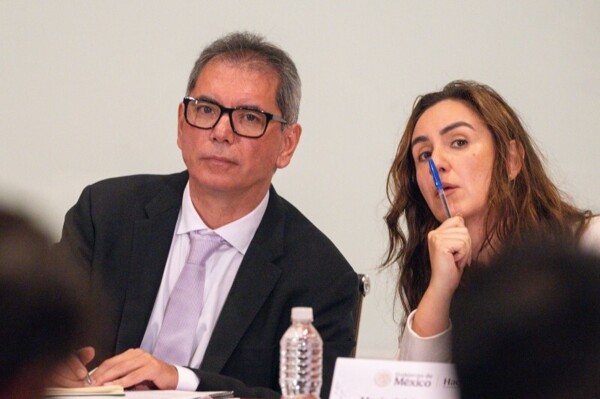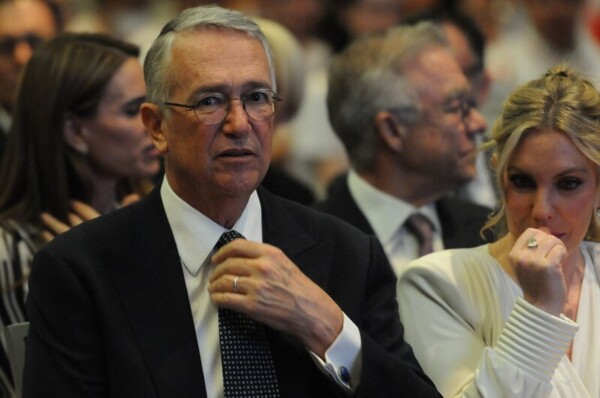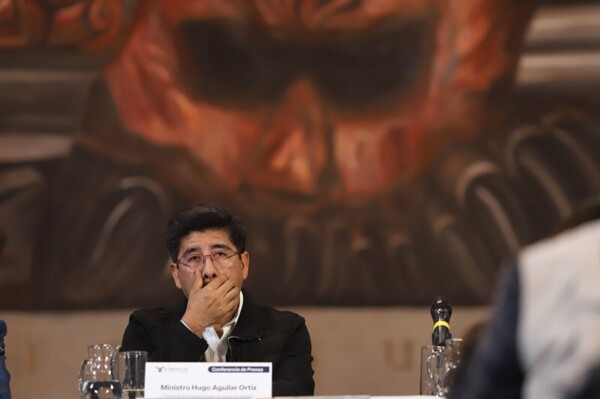
The case of Banco Actinver, involving businessman Rafael Zaga, has reached the highest court of the Supreme Court of Justice of the Nation (SCJN), generating great interest in the financial sector. The UIF sent various financial entities, including Actinver, orders to prevent Zaga from accessing resources in a trust managed by the bank. Zaga sued the bank for revoking his legal powers, alleging deceit and bad faith, which led to his condemnation. The court's project proposes to overturn the sentence and grant protection to the bank, arguing that they acted in obedience to a UIF order.
In this regard, Actinver has pointed out that it did not manage or control the funds in question and that it is now being held responsible for operations conducted by third parties. An adverse ruling would set a dangerous precedent for the financial system, affecting its legal security. The Actinver group warns that this case could create uncertainty for clients and investors, damaging confidence in the Mexican fiduciary system.
In another financial area, the Plenary Meeting of the Consultative Councils of Banamex will be held, where economic perspectives and business topics of interest in Mexico will be discussed. Although the event will be attended by the Secretary of Finance, Rogelio Ramírez de la O, the president will not be present. On the other hand, the uncertainty caused by the tariffs imposed by Donald Trump affects companies like Honda, which might shift the production of its hybrid Civic from Guanajuato to Indiana.
In the banking sector, BanCoppel has initiated a transformation process toward digital products and services, offering, among others, a mortgage loan with remote procedures and competitive rates. This new approach seeks to facilitate access to financial services through digital platforms, with Ricardo García Conde responsible for Mortgage Credit, Mobility, and New Business at BanCoppel. The company aims to establish itself as a reference in the industry with this new business model.














